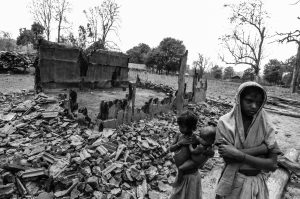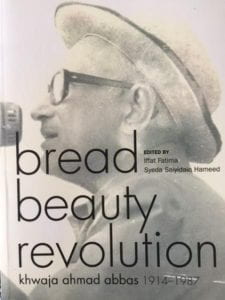Architecture and the Anxieties of Location
Introduction by Kazi K. Ashraf
Presentations by Rafiq Azam and Marina Tabassum
Response by Kenneth Frampton
Closing remarks by Abul Khair, Chairman, Bengal Foundation
Tuesday, November 1, 2016
7:00 p.m.
Sheen Center
18 Bleecker Street
New York
The Architectural League of New York, in association with Bengal Foundation, presents an evening of presentations and discussions to consider the “anxieties of location” especially in the context of South Asian architecture.
What seems obvious for a building – location – is at the core of a perennial architectural anxiety that could be both projective and productive. What Milan Kundera writes about the tension of writing between the obligation to the “smaller context”, the nation, and the desire to be recognized in the “supranational history” of a world theater, is also evident in architecture. Such an oscillation continues to affect the production of architecture especially in many Asian contexts. In the rumble-tumble of globalization, the locational theme appears in the work of an architect like Marina Tabassum in Bangladesh as an ethical practice akin to a resistance, and in the work of an architect like Rafiq Azam as an ecological aesthetic covering both ends of the oscillation.
The program will also launch the publication Locations, an anthology of architecture and urbanism. The first volume of Locations features the works of Kerry Hill, Terinobu Fujimori, Gregory Burgess, C. Anjalendran, Luis Longhi, Kenneth Frampton, Balkrishna Doshi, and others. Locations, edited by Kazi K. Ashraf, is published by ORO Editions and Bengal Foundation.
Participants
Kazi K. Ashraf is an architect, urbanist and architectural historian trained at MIT and the University of Pennsylvania. Ashraf currently directs the Bengal Institute for Architecture, Landscapes and Settlements in Dhaka. He has earlier taught at the University of Hawaii, University of Pennsylvania, and Temple University. His publications include: The Hermit’s Hut: Architecture and Asceticism in India (2013), An Architect in Bangladesh: Conversations with Muzharul Islam (2014), Designing Dhaka: A Manifesto for a Better City (2012), The Architectural Design volume “Made in India,” and An Architecture of Independence: The Making of Modern South Asia, the catalogue for an exhibition he co-curated for The Architectural League of New York.
With his practice, Shatotto, Rafiq Azam attempts to bridge gaps between architectural and ecological systems. He has received the Leading European Architects’ Forum (LEAF) Award, The South Asian “Architect of the Year” Award, the AR Emerging Architecture Award, Kenneth F. Brown Asia Pacific Culture and Design Award, and was twice a finalist for the Aga Khan Award for Architecture. The monograph Rafiq Azam: Architecture for Green Living was published by Skira in 2013.
Kenneth Frampton is Ware Professor of Architecture at Columbia University and the 2005 recipient of The Architectural League’s President’s Medal. He is the author of numerous publications including Modern Architecture: A Critical History (1980) and A Genealogy of Modern Architecture: Comparative Critical Analysis of the Built Form (2015). He also contributed an essay to the forthcoming book, Kashef Chowdhury – The Friendship Centre: Gaibandha, Bangladesh, published by Park Books in 2016.
Marina Tabassum founded URBANA, an architecture practice based in Dhaka with architect Kashef Mahboob Chowdhury in 1995. A year later, the firm won a prestigious national competition to design the Independence Monument of Bangladesh and Liberation War Museum. Tabassum established MTA (Marina Tabassum Architects) in 2005. She is the Academic Director of the Bengal Institute for Architecture, Landscapes and Settlements, and has taught at BRAC University, University of Asia Pacific and the University of Texas in Austin. MTA’s Bait ur Rouf mosque was recently announced as a recipient of the 2016 Aga Khan Award for Architecture.










 December 9, 12:30-2:00 PM
December 9, 12:30-2:00 PM